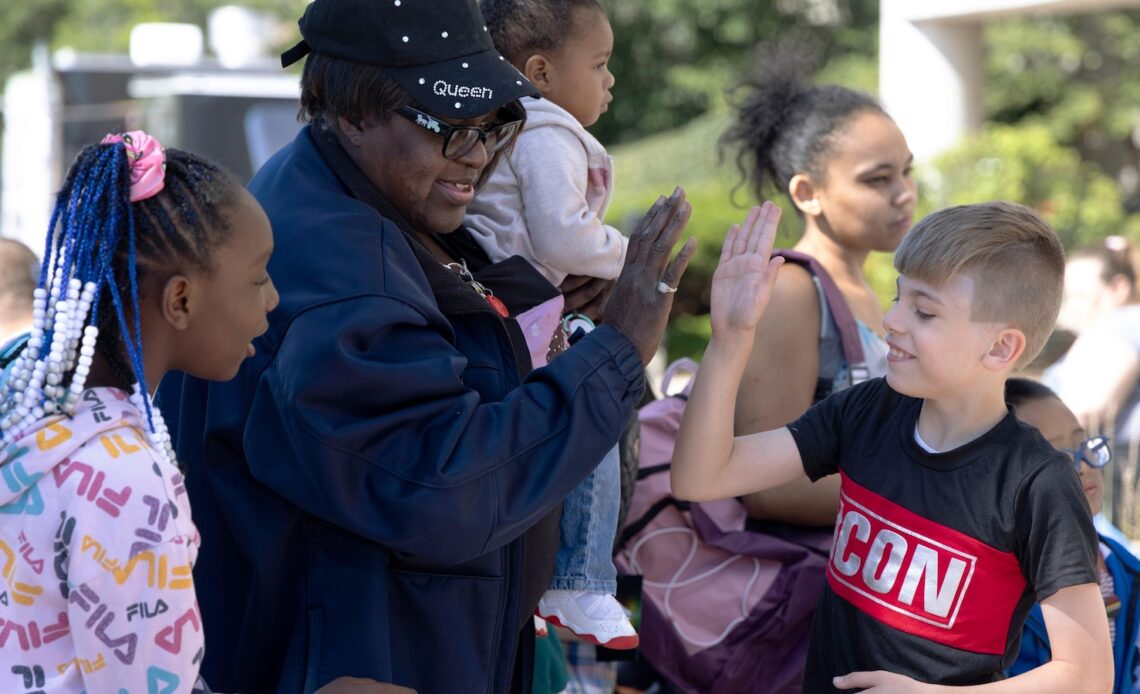More than 200 cities and counties declared racism was a public health crisis in the past few years, mostly after George Floyd was murdered by police in Minneapolis in May 2020. Racial justice advocates said they finally felt heard by the quick swell of political will to address disparities like disproportionate COVID-19 deaths or infant and maternal mortality rates.
The declarations “signified this might be us finally breaking through the noise that they haven’t been willing to hear,” said Ryan McClinton, who works at the nonprofit Public Health Advocates in Sacramento County, California. Marsha Guthrie, the senior director at the Government Alliance on Race and Equity, called 2020 a “catalytic moment for us to kind of reimagine social consciousness.”
“Think about the … decades (and) decades of just fighting to get the conversation about race even centered in the American psyche,” she said. “Now people talk about it as a general course of fact.”
Some places’ health departments took on the work of the declarations, creating improvement plans centered on racial equity. Others turned the work over to task forces and consultants to look at internal work environments or make action plans and recommendations.
Years after the declarations, community organizers and public health advocates in Milwaukee and Sacramento County say not much has changed. Officials counter that it’ll take more than a few years to undo centuries of structural and institutional racism.
But experts, officials and advocates all agreed on one thing: The declarations were an important first step toward creating a racially equitable society. Extensive research shows racism can have detrimental health impacts on people of color, including chronic stress and anxiety and higher rates of heart disease and asthma.
“If we’re not going to name racism in the first place, then we’re not going to start to develop solutions to address it,” said Dara Mendez, who teaches epidemiology at the University of Pittsburgh and studied the early declarations. “… Then the next step is (asking) what are the actions behind it? … Are there resources? Is there community action?”
Lilliann Paine wanted to see everyday public health work focus on the intersection of racism and public health, and in 2018 brought the idea to the Wisconsin Public Health Association. Milwaukee, where Black people are the largest minority group, became one of the first cities in the country to adopt a declaration…
Click Here to Read the Full Original Article at ABC News: Health…

